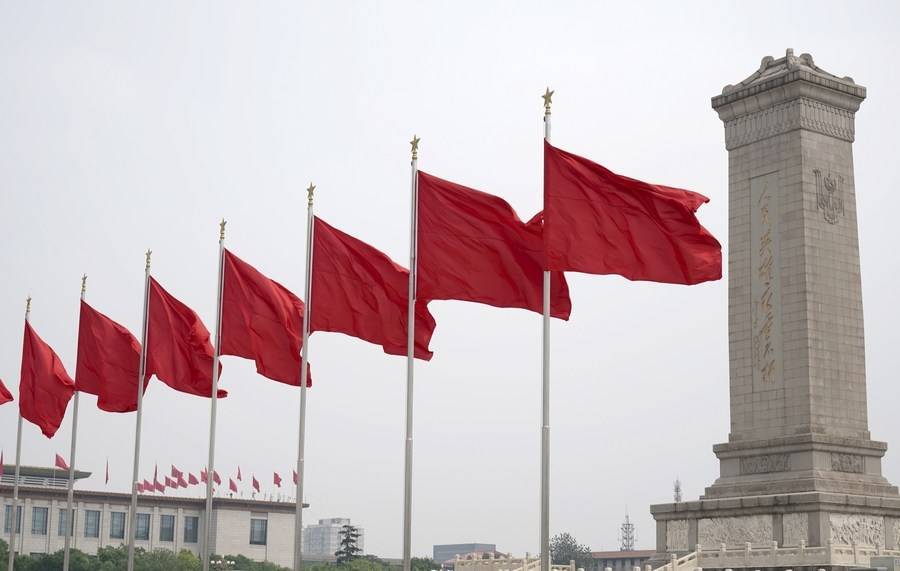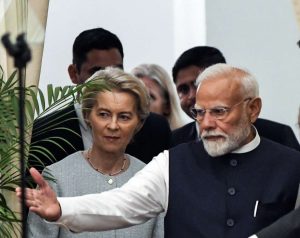China’s National Development and Reform Commission (NDRC) released the “Market Access Negative List 2021” to solicit public opinion…reports Asian Lite News
In an attempt to rein in their power and influence, China recently released “Market Access Negative List 2021” that aims to ban non-state capital (private companies) from the news and media sectors and live broadcast services of activities and events involving politics, economy, military, diplomacy, society, culture, science and technology, health, education, and sports etc.
China’s National Development and Reform Commission (NDRC) released the “Market Access Negative List 2021” to solicit public opinion, as per the reliable sources.
It says that non-state capital cannot invest in establishing and operating news organizations, which include news agencies, newspaper, magazine publishers, radio and TV broadcasters, radio and TV stations and web media publishers.
NDRC also said that the non-public capital cannot introduce news published by organizations outside China.
Moreover, they cannot host forums, summits or awards in journalism and the public opinion space, as per the reliable source.
This looks like an attempt to reassert domestic discourse and shift as much dependence on state-owned media as possible.
News outlets such as Caixin, Guancha which are perceived to be private non-state media are also heavily invested in by state-owned enterprises, so they won’t be coming in the “non-state capital” category.

If this draft becomes official regulation, it won’t leave space for private capital media.
This news was discussed by Weibo users and the talk of going back to the era of the Cultural Revolution again surfaced in Chinese social media, the reliable source added.
Jianli Yang, writing in The Washington Times said that the echoes of the Cultural Revolution are reverberating throughout China today, with the Chinese government harking back to the past and placing curbs on many aspects of ideology and culture.
President Xi Jinping’s efforts to shape the minds of Chinese youth and control Chinese culture have begun to resemble the tactics employed by Mao Zedong, reported The Washington Times.
The Chinese Communist Party’s (CCP) approach towards dealing with society–particularly the business and entertainment industries–is aimed at regulating aspects that it considers detrimental to its larger goals and is likely to have a lasting impact on Chinese society, just as the Cultural Revolution did in the 1960s. (ANI)













